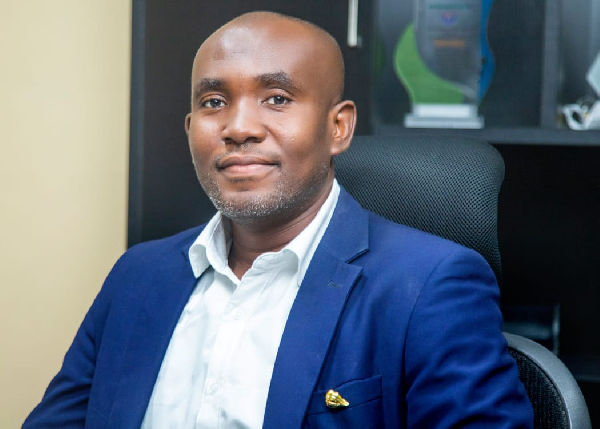By Philip Antoh
The Public Utilities Regulatory Commission (PURC) has kicked off a nationwide engagement tour on proposals by utility companies for a new multi-year tariff order that will run from 2025 to 2030.
The process began with a media engagement at the Alisa Hotel in Accra, aimed at bringing transparency to the review and helping the public understand the looming tariff adjustments.
The meeting brought together top journalists and key players from the utility sector, including the Electricity Company of Ghana (ECG), Northern Electricity Distribution Company (NEDCo), Volta River Authority (VRA), Ghana Grid Company (GRIDCo), Ghana Water Company Limited (GWCL), Ghana National Gas Company (GNGC), and the Enclave Power Company (EPC).
PURC Vows Transparency
In her opening remarks, Hon. Nana Yaa Jantuah, Chairperson of the Stakeholder Committee, emphasized that the consultation is a statutory obligation meant to ensure fairness, accountability, and consumer protection.
She warned the utility companies that they must justify how they used revenues from previous tariff hikes—especially the 2022 review—to improve service.
“Balancing quality service delivery with the financial viability of utilities is one of the most difficult tasks before us,” she stated. “We must ensure utilities have the resources to keep the lights on and water flowing while also protecting consumers from undue hardship.”
Hon. Jantuah also sounded an alarm on looming water challenges, warning that Ghana risks becoming “water-poor” without urgent investments in infrastructure and sustainable management.
Utilities Justify Need for More Money
Each utility company made its case for a tariff hike, citing financial and operational challenges.
* ECG blamed rising operational costs for network expansion, meter replacements, and reducing system losses. The company stressed that without a tariff adjustment, it cannot sustain a reliable supply.
* NEDCo cited the high cost of rural electrification and maintenance, arguing that its smaller customer base makes it financially vulnerable.
* VRA highlighted the rising cost of fuel for thermal power, noting that with fluctuating hydropower capacity, tariffs must reflect production costs to sustain power generation.
* GRIDCo said it needs more money to maintain and upgrade its transmission infrastructure to prevent frequent system disturbances.
* GWCL pointed to the rising cost of water treatment chemicals, electricity for pumping, and infrastructure maintenance.
* GNGC wants to recover operational costs in gas processing and transportation.
* EPC justified its request by citing the need for investment to sustain a reliable supply to industrial clients.
In his welcome address, Dr. Shafic Suleman, Executive Secretary of PURC, called on the media to be partners in the process, shaping public perceptions and helping citizens understand that tariff adjustments are a necessary part of a “shared social contract.”
He revealed that PURC will hold regional public hearings in the coming weeks to give consumers a chance to engage with utility providers directly. Both officials reiterated PURC’s commitment to a transparent and inclusive tariff review process.


